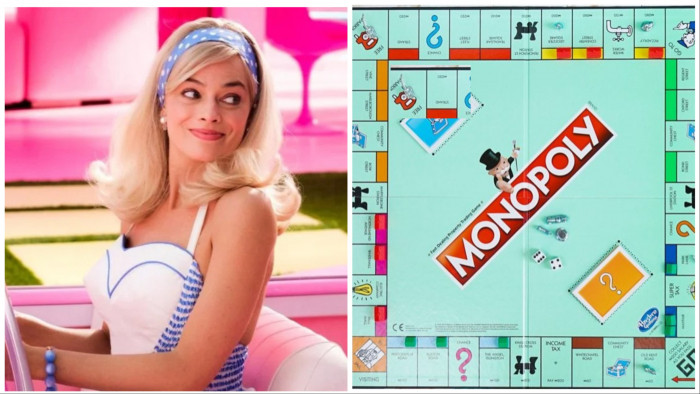There are two types of popularity, but we keep picking the wrong one
Would you rather be respected or loved?


At school, everyone wanted to be popular; to reach the pinnacle of social standing. This could be achieved in myriad ways – turning up for PE with the best boots, getting picked first at the end-of-term dance, getting hold of those mouth-wrecking extra sour sweets for your black market tuck shop, producing a shiny Charizard like it was no biggie – but for most of us it was a constant concern.
As you get older the idea is that you stop obsessing over invisible hierarchies and become motivated by more important things. But popularity, explains Mitch Prinstein, a professor and director of clinical psychology at the University of North Carolina, is complicated, and our fixation with it can extend beyond adolescence.
In his new book on the subject, Popular: The Power of Likability In A Status-Obsessed World, Prinstein divides the concept into two distinct categories: popularity as status, and popularity as likeability.
Status is about power and influence – where just being associated with you can be beneficial to someone else. It’s this kind of popularity that reigns supreme in the high school corridor. Likeability, on the other hand, is about people actually wanting to spend time in your company, trustworthiness and just generally being a positive presence. Likeability is the good stuff.

Surprise, surprise, people tend more often than not to opt for status popularity, even in adulthood, and Prinstein thinks it’s worrying. As highlighted by Quartz, the professor cites research that proves likeable people often enjoy better health, relationships and feel more fulfilled by their job. But an endless quest for status can lead to anxiety, depression and difficulty in sustaining relationships.
“There’s so much research now demonstrating that kids who are likeable do better in just about every domain of childhood and adolescence,” Prinstein told Refinery29. “Even decades later: They get further in education, they get better grades, they are more resilient in the face of stress. The kids who are dislikable and unpopular: They tend to have more difficulties. They're more likely to experience mental health difficulties, substance use, to request welfare assistance later on. It’s really remarkable how powerful [likability] is. For status, though, the results are kind of the opposite: Those who are, in adolescence, the highest status, tend to have problems later in life.”
Prinstein observes that for men it’s easier to achieve status popularity while still being likeable. For women, he says the correlation is much less pronounced. Girls use what he refers to as “relational aggression” to maintain power over their peers. It’s less about forging strong relationships than it is about dominating, which isn’t a likeable trait in the long run. Girls are told at an early age to be good at relationships, while boys are encourage to focus on performance. If a girl is made to feel excluded or unpopular in adolescence, it can be harder to repair than the same scenario for boys. Regardless of gender, though, Prinstein thinks the status/likeability dynamic leans far too heavily on the former.

The idea of status in school has always been fodder for Hollywood (Superbad, Mean Girls, Napoleon Dynamite), and in the age of social media it’s never been more visible. Teenagers are uploading immaculately-filtered Instagram pictures and hovering over their “Likes” like they’re a sort of digital drug. Social media emphasises social comparison, added Prinstein in his Refinery29 interview. If used in the right way it can help build relationships and increase our likeability, but constantly seeking feedback from others is a “kiss of death” in terms of negative mental health consequences.

The outlook isn’t entirely doom and gloom, though. Prinstein hopes for a fundamental change in the way we think about popularity, and that people recognise our high school habits can follow us around in adult life. There’s nothing wrong with striving for both personal and professional success, but we need to be mindful of how likeable we are in the process. Status alone, says Prinstein, isn’t going to give us the kind of meaningful relationships we really need. “The research says once you're likeable, people give you the benefit of the doubt,” he told NPR. They open doors for you. They invite you to get extra resources and information and opportunities that people who are not likeable don't get.”
So, if we’re to believe his thinking, it’s crucial that we think about different types of popularity. The more we’re able to identify the distinction, the more we can concentrate on likeability and, in turn, find happiness.
Latest
Related Reviews and Shortlists









